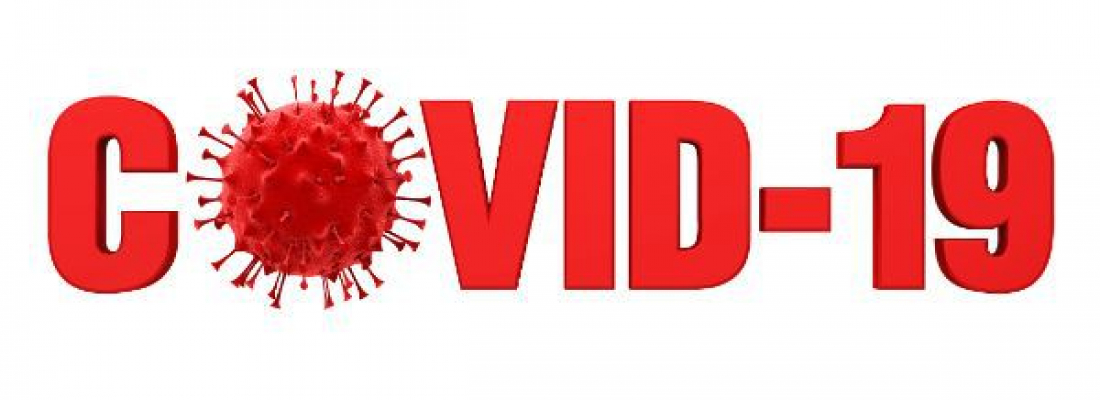Business interruption insurance policies generally cover financial losses to organizations caused by physical damage — a fire, a flood, or other covered perils outlined in the policy. Although some policies may include special endorsements that provide coverage for lost income due to a communicable disease or government shutdown, they do not typically cover operational shutdowns due to communicable disease contamination or infection. In fact, some business interruption insurance policies specifically exclude coverage for losses due to viral spread, especially policies created following the SARS outbreak in 2003.
Under certain circumstances, some state courts have ruled that contamination of an insured property is enough to establish a physical loss. However, whether contamination by COVID-19 is sufficient to verify “physical loss or damage” will continue to be an open legal question until courts are able to weigh in on several pending lawsuits, and California may be at the forefront of making that legal determination.
Noted chef Thomas Keller, owner of three Yountville, CA, restaurants — including the world famous French Laundry — has filed suit against his insurer for denying COVID-19 claims (French Laundry Partners, LP dba The French Laundry, et al v. Hartford Fire Insurance Company, et al). Keller said his policy specifically states that his properties are covered for “direct physical loss or direct physical damage” caused by “fungus, wet rot, dry rot, bacteria and virus.” His insurer has refused to pay, calling the COVID-19 pandemic “fundamentally uninsurable.”
Keller and seven other well-known chefs recently banded together to form the nonprofit Business Interruption Group in order to file a class action suit aimed at compelling insurers to cover pandemic-related losses for all restaurants that carry business interruption insurance policies that do not include a virus exclusion.
Another California-based nonprofit, the Simon Wiesenthal Center, has sued its insurance carrier for failure to pay on its business interruption policy (Simon Wiesenthal Center, Inc. et al v. Chubb Group of Insurance Companies/Federal Insurance Company). The Wiesenthal Center argues that COVID-19 has caused “physical property loss and damage” covered in its policy because the virus can attach to physical surfaces.
On April 14, 2020, California Insurance Commissioner Ricardo Lara responded to the growing number of complaints from businesses and other organizations in the state about the insurance industry’s rejection of COVID-19 claims by stating that “insurance companies need to fairly investigate all business interruption claims as they would during any disaster. Policyholders deserve all the services, coverage, and benefits they are due under their policy.”
The federal government’s response to the insurance industry’s responsibility for covering COVID-19 claims has been mixed. During a press conference last month, President Trump said that insurance companies should pay what is “fair,” noting that, “You have people that have never asked for business interruption insurance, and they’ve been paying a lot of money for a lot of years for the privilege of having it, and then when they finally need it the insurance company says ‘we’re not going to give it. We can’t let that happen.”
However, on May 11, 2020, the Treasury Department said in a letter to Congress that while insurers should pay “valid claims,” it is concerned that legislative proposals requiring insurers to pay “fundamentally conflict with the contractual nature of insurance obligations.” California Congressman Mike Thompson recently introduced the “Business Interruption Insurance Coverage Act of 2020” (HR 6494) that aims to “make available insurance coverage for business interruption losses due to viral pandemics, forced closures of businesses, mandatory evacuations, and public safety power shut-offs, and for other purposes.”
In spite of all this uncertainty, nonprofits should not delay in notifying their insurers of any potential claims since business interruption policies typically have stringent notice provisions. Coverage may be denied if claims are not filed according to policy time limits.
Nonprofits need to examine their policies carefully to determine if they include a virus or communicable disease exclusion. In the absence of such an exclusion, nonprofits will need to carefully document any proof of loss when filing a claim. The California Department of Insurance has directed insurers to provide policyholders with the necessary forms, instructions, and assistance to file a claim notice.
The Church Law Center of California advises churches and other nonprofits on how to protect themselves from risk while furthering their mission, especially in times of crisis. If you have questions about how to mitigate risk and protect your organization during the Coronavirus crisis, call us today at (949) 892-1221 or reach out to us through our contact page.






